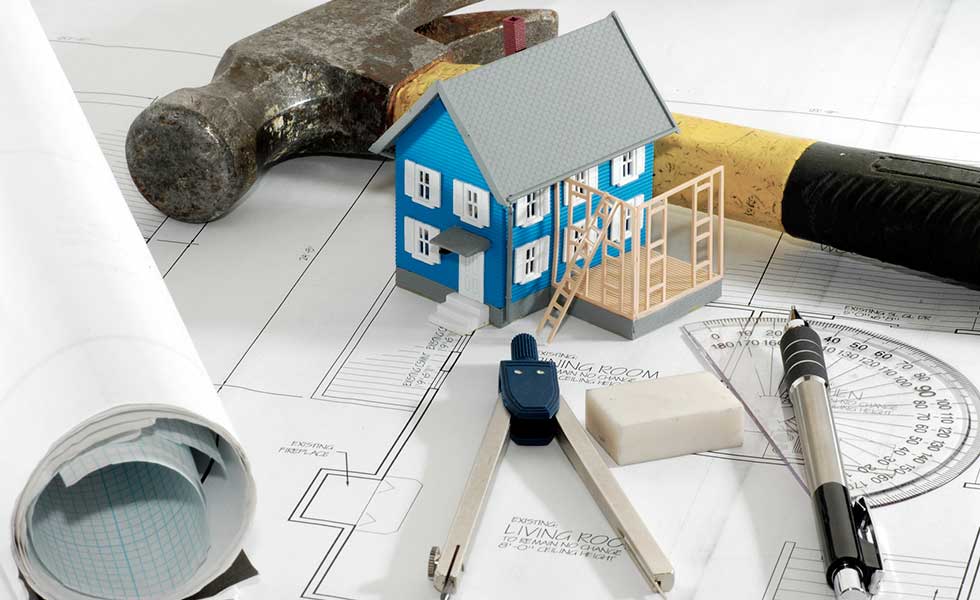How to add value to your home
In quieter market conditions, many homeowners opt to renovate their properties to create equity themselves.
Some people call this “sweat equity” because you usually sweat a lot painting the walls and working in the garden – especially in summer!
Of course, some alterations can add more value than others and there is a difference between renovating as an investor and as a homeowner.
In this blog, I’ll talk about the latter.
Renovating your home
Every person’s home is different because we all have differing tastes when it comes to things like furnishings.
Some people like a sparse environment, while for others, multitudes of colour are the name of the game.

While what we personally like inside our homes is as varied as human beings are, most of us desire a similar level of comfort and convenience.
What I’m talking about is a functional kitchen and bathroom as well as storage and enough space to live our lives without continually tripping over the dog or the children.
One of the simplest ways to add value to your home, as well as improve your living conditions generally, is to update your kitchen and bathroom.
Perhaps you install some new granite bench tops or replace old appliances with new ones in the kitchen.
Likewise, in the bathroom, where you might install some additional shelving or rip out an old unused bath to install a new shower.
Ditto with paint, which has to be one of the easiest ways to increase your home’s value.
Maybe the interior of the home was last painted in the 1990s so colourful feature walls are common throughout.
That might have been fashionable then, but it’s not today, so a simple fix is to paint the interior with neutral shades, such as variations of white, which freshen up every room as well as make them appear larger.

One of the issues that I see time and time again is timber homes with peeling exterior paint.
The thing is, not only is this unsightly, it is also asking for financial trouble because paint doesn’t just make your property look good, it protects it from the elements.
I recently heard of a painter who was asked to quote on a house exterior repaint but had to inform the owner that the timber was actually rotten because they had left it too long.
The owner will now have to pay many thousands of dollars to rectify the issue which they could have avoided entirely by keeping up with a regular maintenance program.
Another way to breathe new life into your home is to undertake some simple landscaping so the first impression is a good one rather than bad.
Over-capitalisation concerns
One of the problems that renovating your home presents is the risk of over-capitalisation.
This is less of a problem for investors, who are careful with every reno dollar they spend, but because of the emotional attachment that homeowners have to their properties they can easily spend too much.
This is especially the case when they undertake structural renovations, such as adding a balcony, a new room, or start knocking down walls.
The cost of these more advanced renovations is high and sometimes homeowners will end up with a home that owes them far more than they are likely to get back if they had to sell it.
Their argument is usually that they have no intention selling it and one or two market uplifts will make up the difference in price.
While that is probably likely, if they experienced sudden illness or job loss and had to sell, they may end up with debt rather than cash in their back pocket because they spent too much on their renovation project.
A solution to this potential problem is to undertake a feasibility analysis to ensure you are not over-spending and then create a budget – and stick to it!
Renovating your home is a common strategy for many Aussies, who like the idea of working on their properties to improve their futures. The key to success, though, is to know which renovations are the most valuable, and which ones are you should avoid.
The information provided in this article is general in nature and does not constitute personal financial advice. The information has been prepared without taking into account your personal objectives, financial situation or needs. Before acting on any information you should consider the appropriateness of the information with regard to your objectives, financial situation and needs.
- Don’t buy property in a trust before reading this - February 3, 2026
- When should you refinance? Navigating RBA rate cuts and loyalty rates - January 23, 2026
- What the latest inflation data means for borrowers with the upcoming February RBA decision - January 20, 2026

